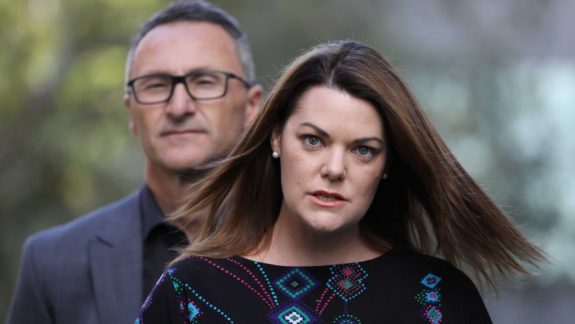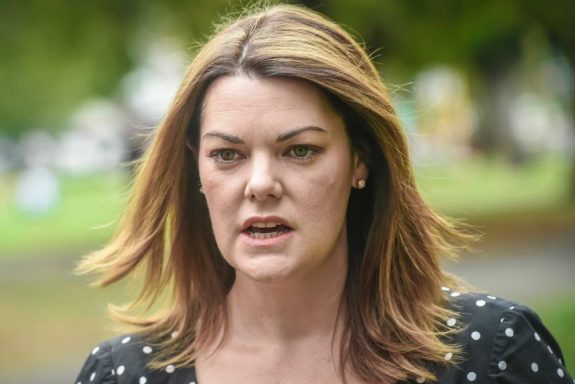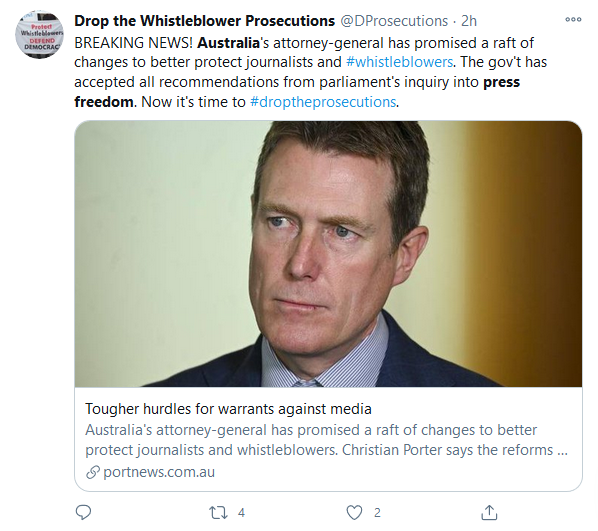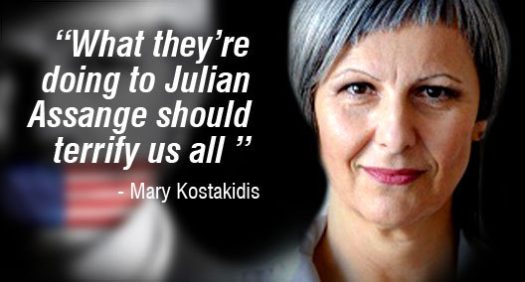MEAA issues wish list over proposed media reforms

The union which oversees its member journalists and others involved with media and creative arts in Australia has issued a list of concerns in conjunction with two major media reform-related actions, less than a fortnight away from the federal Parliament convening for the first time in 2021.
The Media, Arts and Entertainment Alliance (MEAA), in a pair of general statements speaking for the position of the entire organisation, has forwarded its submission for the Senate Media Diversity inquiry as well as a separate submission aimed at the News Media Bargaining Code Bill (2020).
The latter submission – put forth just on the Senate’s closing date of January 18 – has the MEAA playing its part to contend with the presence of digital giants such as Facebook and Google, and ensuring that the Silicon Valley giants pay Australian media providers fairly for running their content.
The flow of funds into directly producing domestic content, via bargaining agreements between any of the digital giants and any single domestic-based media provider, and the fear of negotiations breaking down or not possessing its intended results of renumeration exists as one of the MEAA’s collective fears over the bill.
“MEAA objects to the Code’s incorporation of a two-way value exchange principle will diminish the Code’s effective operation. It is an unreasonable concession by the [Morrison] government,” the union said in its submission.
The MEAA would also like some form of explanation, in economic or mathematical formulas or otherwise, as to how individual media outlets will be compensated by Facebook or Google to run their content.
“MEAA is unaware of any reliable means of rationally calculating the ‘benefits’ of Google and Facebook referring traffic to news company websites. It is an overly-elastic concept that is barely articulated or defined in the bill,” the MEAA says.
“In MEAA’s opinion, this measure will frustrate bargaining and resolution of disputes about the value of news content carried by Google and Facebook. MEAA submits that this concession be dispensed with, or at the very least, critically evaluated during the mandatory review scheduled within one year of the Code’s commencement,” the union added.
In the former submission, the Senate media diversity inquiry to be chaired by Greens senator Sarah Hanson-Young, the MEAA provided a list of areas of recommendation that it would like to see covered when the inquiry commences.
- Amend competition and other laws to prevent mergers that lead to more harmful levels of media concentration
- The Australian government must urgently progress the Mandatory News Media Bargaining Code and extend the operation of the Public Interest News Gathering (PING) program
- The Australian government should review and adapt critical measures recommended in the United Kingdom and Canada such as: directly funding local news; offering taxation rebates and incentives; and part-funding editorial positions
- Government assistance should be reset to ensure funding is available for new media organisations, as well as traditional media companies
- Public broadcasters must be funded in a way that acknowledges the need to provide comprehensive, high-quality cross-platform media content in all parts of Australia
- The future of the AAP should be sustained through regular, annual relief grants
- And the regulation of media content should be strengthened and overseen by a single entity
“2020 [saw] the best and the worst of Australia’s media,” the MEAA has observed.
“Australians have relied on journalists and news outlets [in 2020] in a way that hasn’t been experienced in many years.
“It has shown public interest reporting at its finest,” the MEAA adds.
However, the MEAA, in its dot-points of desires for the Senate inquiry, it observes that a paradox exists where while news organisations are breaking new ground in public interest journalism and reporting, economic declines among news organisations remain a part of a stark reality in the journalism industry, as evidenced in a decade-long trend.
And just like with the News Media Bargaining Code Bill, the presence and impact of digital giants such as Facebook and Google looms large.
Previously, layoffs of editorial positions in the thousands have occurred in the last ten years, and 1000 of those job losses in 2020 alone, which the MEAA has tied into the influence of digital publishing as well as a lack of diversity in the mass media in Australia.
“The loss of these journalists, sub-editors, photographers and other positions – and in many cases the mastheads that once employed them – means fewer outlets are covering matters of public interest and significance. In our view this has led to a dangerous fall in media diversity,” the organisation added.
Moreover, the MEAA is also concerned with the lack of ethical conduct of media organisations, and in the mainstream in particular, and has tied this into the lack of diversity and competition therein.
“The power of the few is not always wielded in a responsible or ethical way. In some instances, it has led to a rise in news coverage where the veracity of content is often untested and where ‘balance’ in news reporting can equate to the publication of meritless or misleading arguments,” the MEAA stated.
The MEAA has also implored that integrity issues – particularly in the reputation around the tabloid culture represented in the mainstream media – need to be discussed in the Senate inquiry, or any debate on media reform.
“In a truly plural media environment, the capacity of one voice to steer public opinion in a particular way is limited. In Australia, getting one powerful voice offside can have damaging consequences,” the MEAA stated.
“Where too few voices dominate the media landscape, journalists have reduced job options and might be forced to stay at an outlet because of a lack of opportunities.
“In order to keep their jobs, some inevitably feel pressured to abide by editorial preferences they might not be comfortable with, or which run contrary to the MEAA Journalist Code of Ethics,” the MEAA added.
The Senate inquiry, as well as debates on the News Media Bargaining Code Bill, could occur at any time after the federal Parliament reconvenes from its summer break as early as February 2, subject to a drafting of an agenda of items.
Nonetheless, these two legislative matters – and the MEAA’s potential to use its influence upon shaping them – illustrate that media reform areas will emerge as a hot-button topic throughout 2021.
Also by William Olson:
Porter’s bills may sink BOOT into penalty rates, warns Burke
Corruption viewed within fine print of super reforms
Like what we do at The AIMN?
You’ll like it even more knowing that your donation will help us to keep up the good fight.
Chuck in a few bucks and see just how far it goes!












